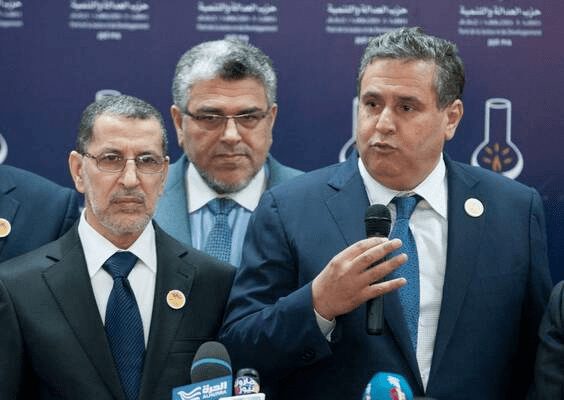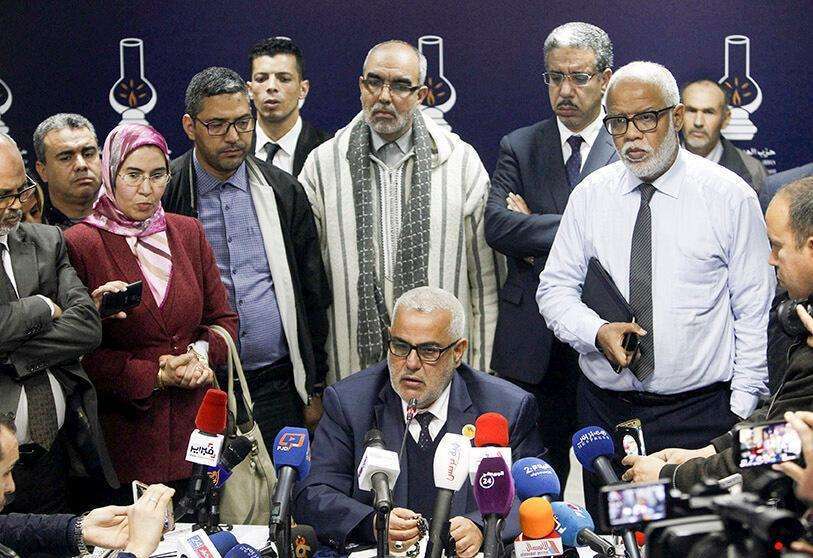Marruecos y España: de la vecindad a la tensión

Since Brahim Ghali's arrival in Spain, relations between the two states have become increasingly tense. Under the pretext of a request for hospital care, the leader of the Polisario Front, Brahim Ghali, reportedly entered Spain to go to a hospital located in the municipality of Logroño. Ghali, allegedly accused of having committed crimes of genocide, torture and systematic violations of human rights, is said to have managed to cross the border with false documents, according to various media reports.
The Moroccan government has repeatedly criticised Spain's attitude for not warning the authorities of his arrival. Similarly, Morocco has criticised the position of the Spanish justice system for considering the legal processes being carried out to be insufficient.

On the other hand, all Moroccan political parties in Parliament have signed a communiqué stating their opposition to Spain's decision regarding the reception of Ghali. In this sense, they have branded Spain's attitude as "unacceptable and provocative". However, the Spanish central government continues to reiterate that Ghali's admission to Spain is due exclusively to "humanitarian reasons".
However, these responses do not seem to convince the Alawi government. In this regard, the president of the National Rally of Independents (RNI) party, Aziz Akhnouch, has issued a series of statements to El Mundo in which he has expressed his criticism and concern over the diplomatic relations between Spain and Morocco. According to Akhnouch, "this is an important crisis that deserves to be remembered and mentioned". For the leader, "it is a delicate issue in relations between Morocco and Spain and requires serious, clear and firm treatment".

Similarly, Akhnouch questions the "humanitarian" motive for the reception, since for him "the justification given is not up to the task of explanation and simply appears to be an attempt to cover up a very serious mistake, which is detrimental to bilateral relations between the two countries".
The secretary general of the Istiqlal Party, Nizar Baraka, has expressed himself along these lines, after affirming that "our bilateral relationship is marked by excellence, which should remind us every day that we have legitimate duties, commitments and rights with each other". In this context, Baraka reaffirmed that "we cannot allow ourselves to mortgage the future of our two countries, linked by centuries of history and common ambitions".
On the other hand, Baraka expressed his sincere congratulations to the leader of the Popular Party, Pablo Casado, for the approach, interest and commitments of the Popular Party in favour of rebuilding a bilateral Moroccan-Spanish relationship that is "fruitful, constructive and solid in its foundations". Baraka expressed his "great satisfaction" that the blue formation would have "been at the forefront of the call to the government of his country, following the reception on Spanish soil of the head of the Polisario separatists".
The question now is how diplomacy between the two governments will unfold. According to the RNI leader, "there is no doubt that the future of relations between the two countries is related to the rectification of the situation", and in this line he stressed that "Morocco is a strong partner of Spain in economic exchange, cooperation in security and immigration, among others".

Depending on Spain's attitude to this issue from this point onwards, the diplomatic rope could either begin a process of de-escalation aimed at returning to the good neighbourly relationship that has been building for decades, or it could become severely strained and break. As Akhnouch told El Mundo, "trust is the basis of partnership and cooperation, and when trust is lost, there can even be a reversal of the gains that have been established over decades".
According to the latest communiqué issued by the Audiencia Nacional, Ghali will appear on 1 June. However, the weakened state of health of the Polisario leader could lead to his appearance in court being postponed again.









